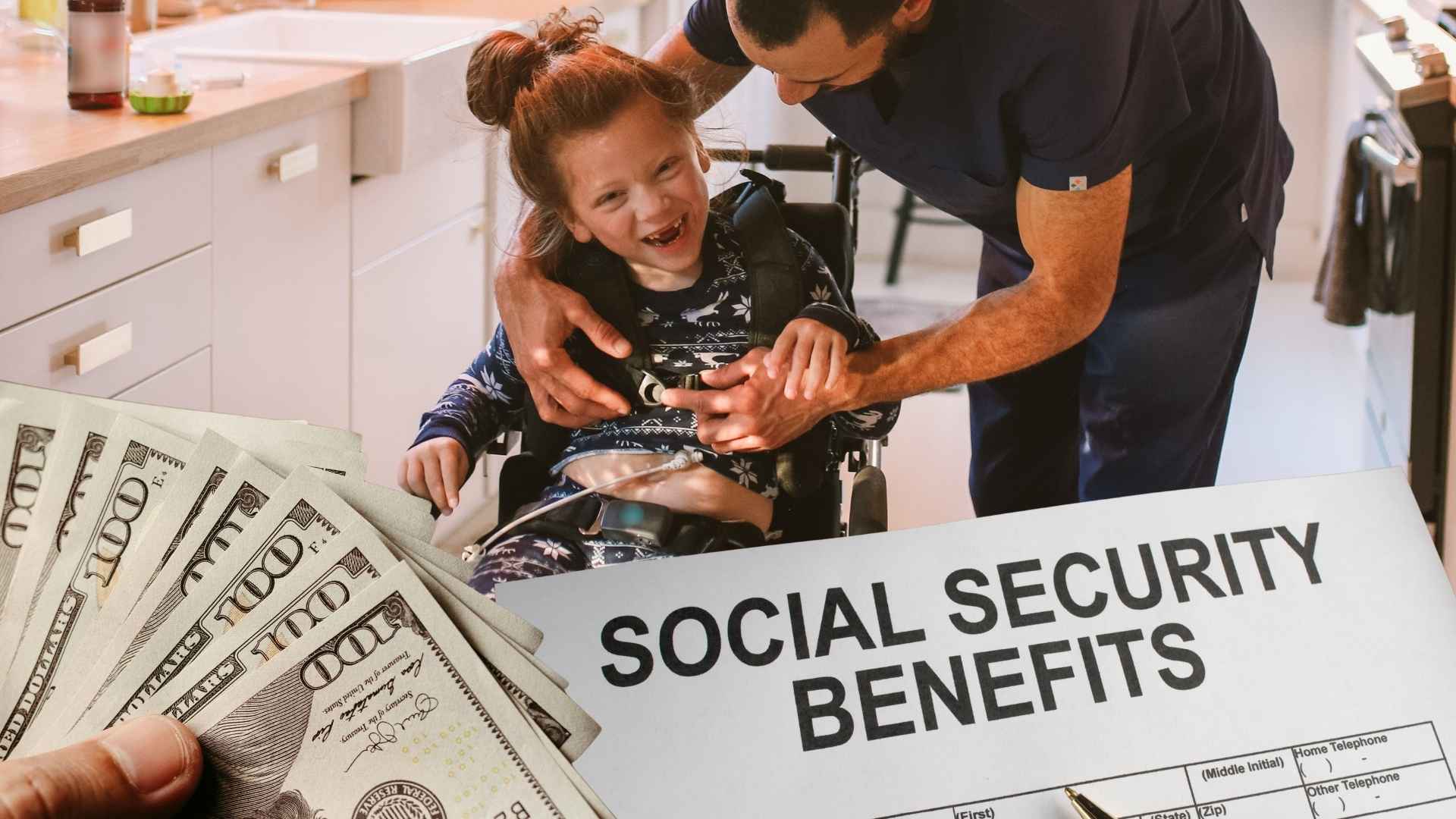Minor children—and in some cases grandchildren—may qualify for monthly support when a parent receives benefits from the Social Security Administration (SSA). Here’s what families should know right now.
If you’re a Social Security beneficiary, your dependents may be eligible for a monthly payment. This generally covers children who are minors, some students in high school, and those with qualifying disabilities. The SSA pays retirement, disability (SSDI), and SSI each month; children’s payments follow specific eligibility rules tied to your record. Raising a grandchild and wondering if they qualify?
Who qualifies for Social Security child benefits and what ages apply
Eligible dependents are typically under age 18, or up to 19 if they attend high school full-time. In addition, a son or daughter with a disability that began before age 22 may qualify. These payments aren’t permanent for non-disabled children. They usually stop at 18, or at graduation/two months after turning 19—whichever comes first. Grandchildren who depend on you financially may also qualify in certain situations.
How Social Security calculates children’s payments and family maximum limits? A child’s monthly benefit is generally about half of your full monthly amount at full retirement age. However, families face a cap: the combined payments to all eligible children typically cannot exceed 150% to 188% of your benefit.
If the total goes over that limit, each child’s payment is adjusted so the family stays within the cap. Importantly, your own payment isn’t reduced by what your children receive. Not sure how much your family could receive? Check this quick snapshot.
| Situation | Typical percentage | Key notes |
|---|---|---|
| Child benefit on a living parent’s record | ~50% of the parent’s full benefit | Subject to family maximum |
| Family maximum for all child benefits | 150%–188% of the parent’s benefit | Shares are adjusted if above limit |
| Does the parent’s check go down? | No | Parent’s payment is not reduced |
This overview helps you estimate, but exact amounts depend on your case and the number of eligible dependents.
What happens to children’s benefits if a parent dies unexpectedly
Children may receive survivor benefits when a parent with sufficient work history dies. In many cases, the child’s payment can be up to 75% of what the parent earned (or would have earned) at the relevant calculation point. The same age rules apply: benefits end at 18, or at 19 if the child remains in high school, unless the disability exception applies. Want to talk to someone before you file?
How to contact the SSA
- Call 1-800-772-1213 (TTY: 1-800-325-0778), Monday–Friday, 8:00 a.m.–7:00 p.m. local time.
- Interpreter services are available at no cost.
- For faster service, try calling 8:00–10:00 a.m. or late afternoon; call volume is often lower Wednesday–Friday and during the last week of the month.
If you receive Social Security, your children—and sometimes your grandchildren—could qualify for valuable monthly support. Review eligibility, consider the family maximum, and contact the SSA to confirm your situation and next steps.

